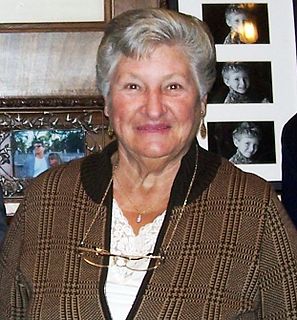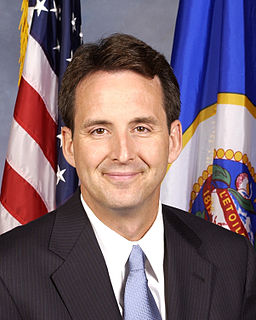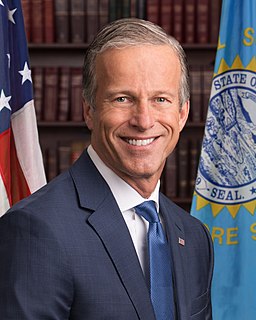A Quote by Maria Cantwell
The federal government would give money to the states. States would be able to negotiate at local rates. It's not Medicaid. People didn't want it to be Medicaid in Washington, either.
Related Quotes
Try this thought experiment. Pretend you're a tyrant. Among your many liberty-destroying objectives are extermination of blacks, Jews and Catholics. Which would you prefer, a United States with political power centralized in Washington, powerful government agencies with detailed information on Americans and compliant states or power widely dispersed over 50 states, thousands of local jurisdictions and a limited federal government?
Remember, there are no cuts to Medicaid. Every year in Medicaid, you spend more money than you spent the year before under this plan, but the growth is not as great as it would be if you continued to pay, for instance, 100 percent for single able-bodied adults. Now, there is something wrong with the way that system is put together.
For states' rights advocates, the Constitution is like a contract that is openly violated by one party with impunity. On paper, the states remain sovereign powers, while in reality the federal government appears able to dictate everything from the ingredients of school lunches to speed limits. Congress now routinely collects taxes in order to return the money to the states with conditions on their conforming to federal demands.
What Medicaid basically does is allows them to choose the two base years that they would calculate current their reimbursement levels on. And they all have per-capita allotments based upon what the states are experiencing today in terms of Medicaid costs. And then those are inflated over the years, the next decade, increased at the rate of inflation. And so they have to figure out how to take those dollars and put them to the best use in the state.
People in the individual marketplace should have more options. The plan that we - the discussion draft that we have out, actually opens up for people who are zero percent to 100 percent of the federal poverty level, not eligible for Medicaid, would open up the opportunity for them to purchase insurance with help from the federal government.
































